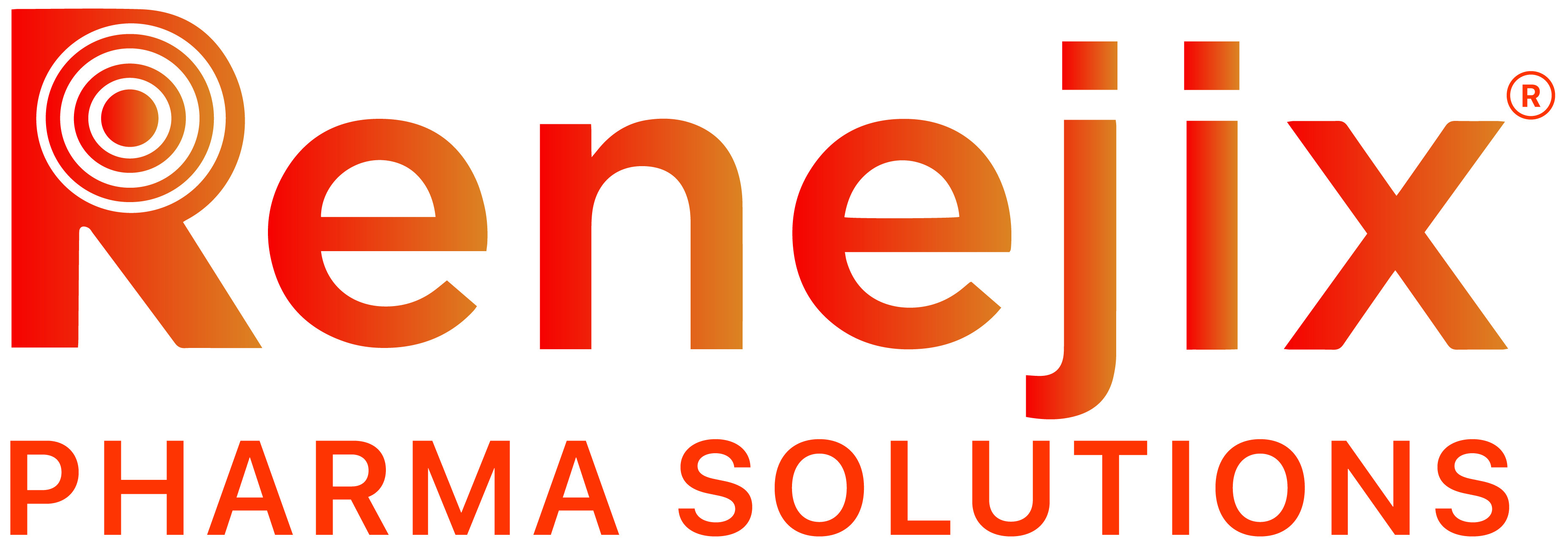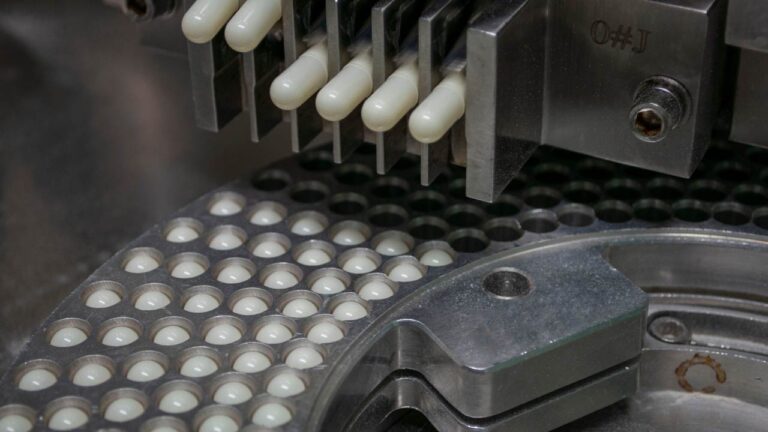
Our Services
- Strategizing clinical returns for optimal outcomes
- Reconciliation and drug accountability
- Customized logistics for country-specific returns
- Secure clinical storage and streamlined pooling of returns for efficient bulk destruction
- Responsible disposal of returned materials
- Local and regional destruction services with proper certification
- Thorough retention documentation to meet regulatory requirements
Related Services
FAQs
Here are some frequently asked questions about Returns, Reconciliation & Destruction
Clinical trial returns refer to the process of returning unused or partially used investigational medicinal products (IMPs), comparators, and other trial materials from the trial sites back to the sponsor or a designated facility. This process is crucial for accountability, compliance, and environmental safety, ensuring that these materials are handled appropriately after a trial's conclusion.
Reconciliation is vital to ensure that the quantity of IMPs shipped, dispensed, returned, and destroyed matches the trial records. This process verifies compliance with regulatory requirements, confirms the proper use of IMPs, and maintains the integrity of the trial data. Reconciliation helps identify discrepancies, prevents misuse of trial materials, and supports the accurate reporting of trial outcomes.
We manage the return of investigational products by providing clear instructions and materials for trial sites, including return packaging and documentation. Our logistics team coordinates the collection and secure transport of returns, ensuring they are handled in compliance with regulatory standards and safety requirements. We also offer support for tracking returns to facilitate accountability and reconciliation.
Yes, we are equipped to handle the return and reconciliation of controlled substances with strict adherence to legal and regulatory requirements. Our procedures include secure transport, storage, and documentation to ensure compliance with national and international regulations governing controlled substances. We also implement additional security measures to prevent diversion and ensure that these substances are accounted for accurately.
How do you ensure the secure destruction of investigational products?
We ensure the secure destruction of investigational products by partnering with certified waste management companies specializing in pharmaceutical waste. Destruction processes comply with environmental regulations and are documented thoroughly, including certificates of destruction. We also consider the specific requirements for controlled substances and biohazardous materials, ensuring their disposal is handled with additional care and security.
For the destruction of clinical trial materials, we provide comprehensive documentation that includes details of the materials destroyed, quantities, method of destruction, date, and location. Certificates of destruction are issued by the waste management company performing the destruction, serving as official records for regulatory compliance and audit purposes.
The destruction of biohazardous materials from clinical trials is managed through specialized procedures to ensure environmental safety and compliance with biohazard waste regulations. This involves using certified biohazard waste disposal services that employ approved methods, such as incineration or autoclaving, to safely destroy these materials. All biohazardous waste is handled and transported in accordance with strict safety protocols to prevent exposure or environmental contamination.
To maintain confidentiality, all trial materials are handled in a manner that protects patient privacy and proprietary information. This includes anonymizing patient information on returned materials, secure storage areas with restricted access, and ensuring that destruction methods render any sensitive information unrecoverable. Our staff are trained in confidentiality protocols to prevent unauthorized access to or disclosure of trial data.
Sponsors can track the return, reconciliation, and destruction process through our secure online portal, which provides real-time updates and access to relevant documentation, including shipping records, reconciliation reports, and certificates of destruction. Our project management team also provides regular updates and is available to answer any questions, ensuring transparency and accountability throughout the process.











